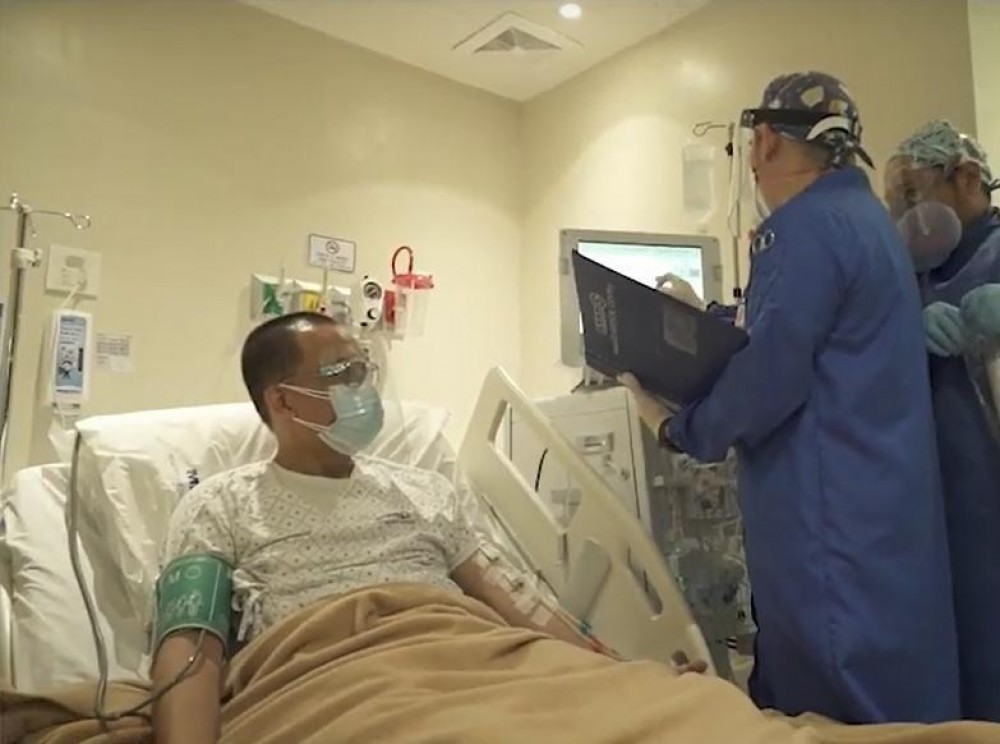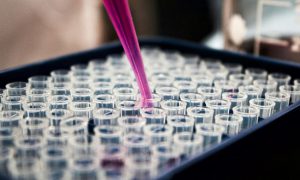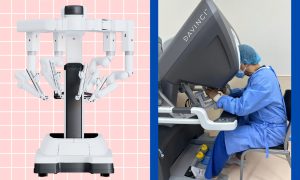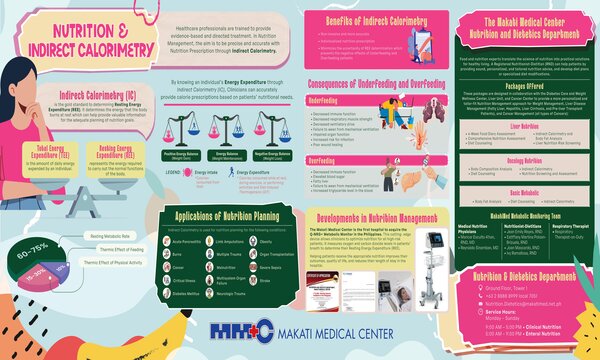
The human body uses food to supply itself with the nutrients and energy it needs to function and remain healthy. The quality of diet directly affects the nutrition of the body, as well as the health of its organs.
As food goes through the process of digestion to extract and distribute the nutrients, the body ends up generating waste and other toxins. The excretory system removes these wastes from the body to maintain balance. The kidneys are one of the main organs within this system, and like other organs, improper care can lead to failure.
What do the kidneys do?
As a vital part of the excretory system, the kidneys filter the blood and remove the waste and excess fluids resulting from metabolism. They also regulate electrolytes, such as sodium, potassium, calcium, phosphorus, and water in the body.
Waste and other excess fluids then become urine, which is flushed out of the body. Maintaining this balance and removing the body’s waste ensures that the nerves, muscles, and other tissues continue to function normally.
Aside from these functions, the kidneys also secrete hormones that aid in several essential bodily functions. These include controlling blood pressure, encouraging the production of red blood cells, and strengthening the bones and muscles through calcium absorption.
If the kidneys suffer damage or are affected by diseases or illnesses, it can cause adverse effects on their ability to perform these functions.
What is Chronic Kidney Disease?
Chronic kidney disease (CKD) occurs when the kidneys cannot properly function due to varying levels of damage. This is a progressive disease where kidney functions may degrade over time. If left untreated, CKD can lead to complete kidney failure.
Medical conditions that can contribute to the development of CKD include:
- Diabetes
- Hypertension
- Inflammation of the kidneys’ structural units (such as glomerulonephritis and interstitial nephritis)
- Polycystic kidney disease
- Prolonged obstruction of the urinary tract (caused by conditions like enlarged prostate, kidney stones, or tumors)
- Pyelonephritis (bacterial infection of the kidney)
- Prolonged periods of painkiller consumption
The 5 Stages of Chronic Kidney Disease
Each stage of chronic kidney disease is determined by the level of kidney function remaining. This is done through a blood test that measures creatinine, urea, and other waste products levels in the blood. The estimated glomerular filtration rate (eGFR) , or the amount of blood the kidneys filter in one minute, is calculated from the results. The final value will correspond to one of the stages of the disease:
Stage 1
Stage 1 of CKD is characterized by an eGFR of 90 or higher. In this stage, the kidneys have mild damage but continue to function normally. Given the relatively high functionality of the kidneys at this stage, symptoms are typically absent.
Possible signs that may point to CKD include high blood pressure, swelling in the legs, urinary tract infection, and other abnormalities in the urine. Consulting with a doctor or kidney specialist can aid in diagnosis and slow the progression of the disease.
Stage 2
Stage 2 or mild CKD is the mild loss of kidney function with an eGFR of 60 to 89. Like with Stage 1, symptoms are highly unlikely to occur. However, there may be lesser symptoms such as fatigue, itching, loss of appetite, sleep problems, and a feeling of weakness.
Experiencing high blood pressure, swelling in the legs, urinary tract infection, and other abnormalities in the urine alongside other symptoms may point to the presence of CKD. It is recommended to consult with a nephrologist to narrow down the underlying causes and treat them accordingly.
Stage 3
Stage 3 chronic kidney disease or moderate CKD is divided into two categories: 3A and 3B. Stage 3A is characterized by an eGFR of 45 to 59. Meanwhile, Stage 3B will have an eGFR of 30 to 44. This means that the kidneys cannot properly filter waste and fluids, causing them to build up.
Chronic kidney disease symptoms at this stage include back pain, fatigue, loss of appetite, persistent itching, sleep problems, swelling of the hands and feet, increased or decreased urination, and a feeling of weakness. Additional medical complications may also arise from the buildup of waste, such as high blood pressure, anemia, and bone disease.
Medical treatment for Stage 3 aims to address the underlying causes of the disease and prevent further damage to the kidneys. This may include a change of diet, medication to manage blood pressure and cholesterol levels, and supplements to bolster affected organs and bones.
Stage 4
Stage 4 or severe loss of kidney function falls under an eGFR of 15 to 30. In this stage, kidney function is severely reduced, causing even more waste and toxin buildup.
Symptoms that may arise during Stage 4 include back pain, chest pain, decreased mental sharpness, fatigue, loss of appetite, muscle twitches or cramps, nausea and vomiting, persistent itching, shortness of breath, sleep problems, swelling of the hands and feet, increased or decreased urination, and a feeling of weakness.
At this stage of CKD, complications like anemia, bone disease, and high blood pressure may arise. Additionally, the risk for heart disease and stroke may increase.
Stage 4 treatments will be similar to those for Stage 3, such as dietary changes and medication to address underlying issues and supplement affected areas. A nephrologist will help prepare the patient for dialysis or kidney transplant.
Stage 5
Stage 5 or end stage CKD has an eGFR of 14 or lower. At this stage, kidney function is severely impaired to the point of complete failure. The buildup of waste and other toxins is now at life-threatening levels. Kidney diseases, especially end stage CKD, are the seventh leading cause of death among Filipinos.
Symptoms of Stage 5 chronic kidney disease include back and chest pain, breathing problems, decreased mental sharpness, fatigue, little to no appetite, muscle twitches or cramps, nausea, persistent itching, sleep troubles, severe feeling of weakness, swelling of the hands and feet, and increased or decreased urination.
Aside from this, there is a heightened risk for heart disease and stroke.
Treatment of Stage 5 consists of dialysis (a process that removes waste and fluids from the body) and a kidney transplant. Without these options, life expectancy is estimated at around a few months.
Protect the Body’s Natural Filter
Kidneys are responsible for keeping the body clean and fully functioning. Maintaining good health habits and regular consultation with a doctor can aid in avoiding chronic kidney disease. Early detection and treatment are vital to stopping or slowing down CKD progression to prevent complete kidney failure or even death.
For kidney care and other health issues, reach out to Makati Medical Center today.










